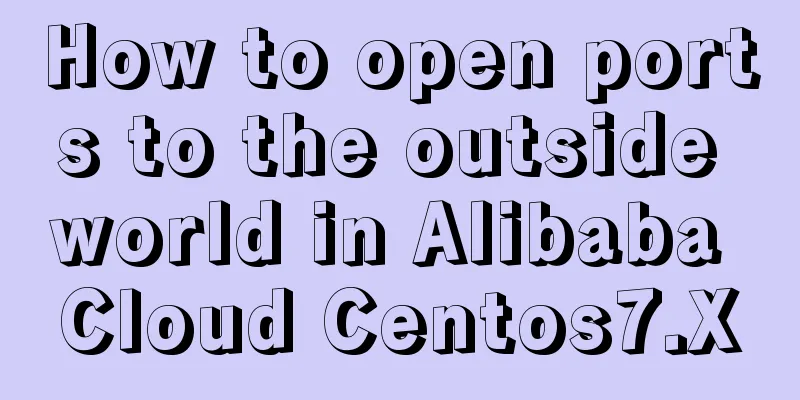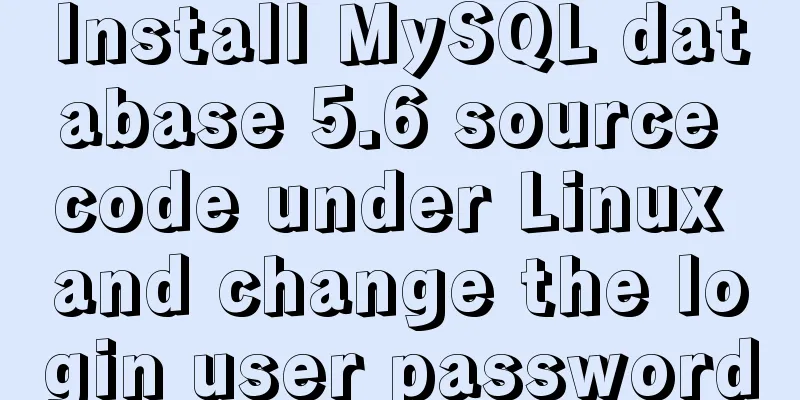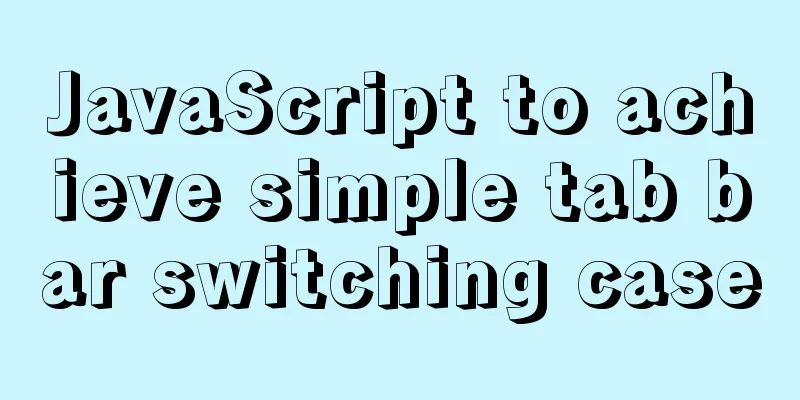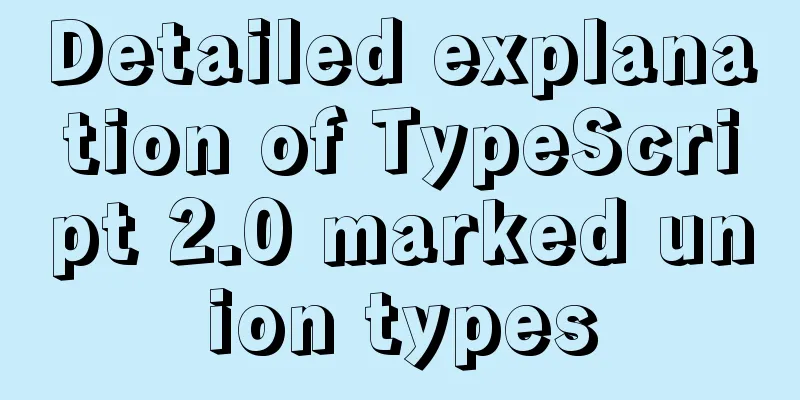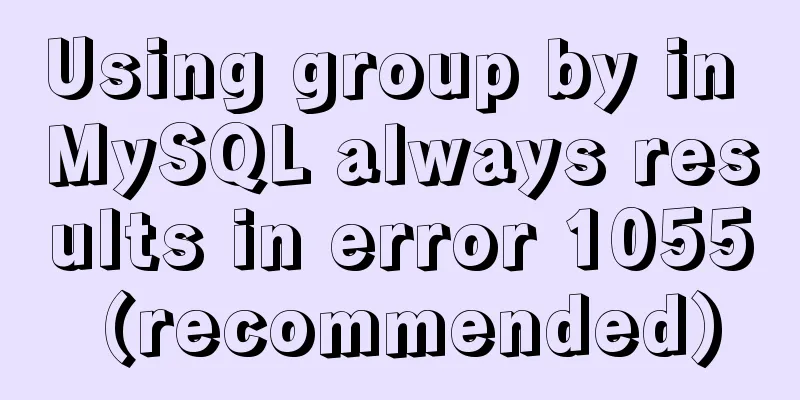VMware and CentOS system installation method to reset the root password
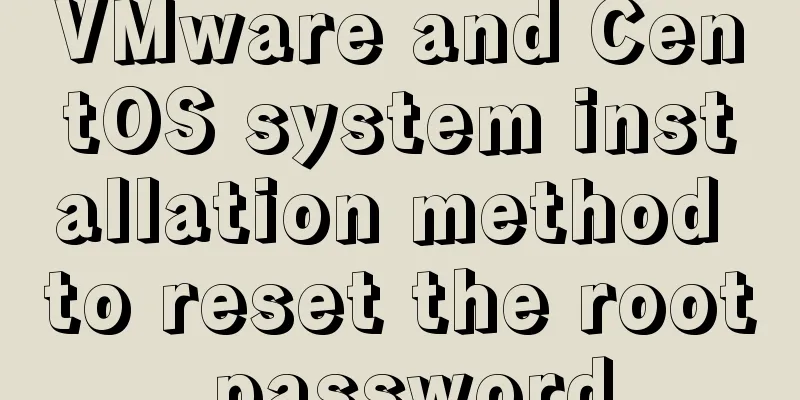
|
Today's Tasks 1. Choice of Linux distribution 2.vmware creates a virtual machine (centos) 3. Install and configure centos7 4.xshell configuration to connect to the virtual machine (centos) Selectivity PC can choose -Pure system Linux/windows server -Physical machine pure system Install -Easy installation Download the centos system ISO image To install the centos system, you must have the centos system software installation program. You can visit the centos official website http://www.centos.org through a browser, then find the Downloads -> mirrors link and click it to start downloading. However, since this is a foreign website, the download speed will definitely be limited.
Therefore, you can use domestic mirror sources https://opsx.alibaba.com/mirror # Alibaba Cloud official mirror iso download address (This DVD image contains all the packages that can be installed using the software installer. This is the recommended image for most users.): https://mirrors.aliyun.com/centos/7/isos/x86_64/CentOS-7-x86_64-DVD-1810.iso Why choose a 64-bit operating system? Currently, most production environments use the 64-bit Centos operating system. What are the positioning and differences between 32-bit and 64-bit systems? The design positioning of 64-bit operating systems is to meet the needs of mechanical design and analysis, 3D animation, video editing and creation, as well as scientific computing and high-performance computing applications. The common feature of these fields is that they require a large amount of system memory. 32-bit operating systems are designed for ordinary users. Difference 2: A 64-bit operating system can only be installed on a 64-bit computer (the CPU must be 64-bit), and can only perform at its best for 64-bit software. A 32-bit operating system can be installed on both a 32-bit (32-bit CPU) computer and a 64-bit computer. Of course, a 32-bit operating system cannot take advantage of the performance of 64-bit hardware. Difference 3: Operation speed 64-bit ---> 8-lane road 32-bit ---> 4-lane road Difference 4: The maximum memory supported is different 32-bit system ---> 4GB memory can only use 3.5Gb 64-bit system supports larger memory [/code] Install VMware virtual machine [code] What is VMware? With this software, you don't need to buy a computer specifically for learning Linux. The virtual machine allows users to simulate multiple operating system software on one machine. The general machine configuration is sufficient to perform the tasks of the virtual machine. Virtual machines can not only virtualize hardware resources and separate the experimental environment from the real machine files to ensure data security, but also have a "snapshot" function when you accidentally delete the core configuration of the system, which can immediately restore to the state before the error, saving the extra time of installation. . . . (Windows users) VMware Workstation is a powerful desktop virtual computer software that provides users with the best solution to run different operating systems on a single desktop and develop, test, and deploy new applications. Download and activate address: http://www.zdfans.com/html/5928.html (Mac users) VMware fusion Simply put, virtual machine software is a special set of software that can use "multiple operating systems" at the same time to virtualize hardware + operating system == server + OS Myth: Learning Linux does not require installation on a physical machine, which is time-consuming and labor-intensive. Using a virtual machine is the most appropriate way
Recommended computer configuration for Linux learning environment: Laptop: 1. Memory 8G 2. Disk 500G SATA or 120G SSD 3. i3, i5, i7 processor Why learn Linux through VM virtual machine? What? Are you talking to me about dual systems again? My friend, it takes 5 minutes for your Little Overlord to open windows. . Dual system. . . . Let's just forget it.
Using a virtual machine to build a Linux learning environment is simple, convenient and easy to use. The most important thing is that the Linux simulated by the virtual machine is almost indistinguishable from the real server. When you start working in the future, you will connect to the server through ssh instead of sitting in a computer room at 0 degrees to control the server. Therefore, using a virtual machine to simulate an environment is the closest to a working environment. When you build a Linux cluster or need to simulate communication between multiple servers, you can start several virtual machines at the same time (provided that the machine hardware itself is sufficient and the virtual machine configuration is also low). Virtual machines can easily meet the needs of multiple machines. Rent a server yourself? It is a good choice. You can build a Linux environment and use it for personal development and learning. But it costs money. . . .
It is easy to modify the configuration of the virtual machine (server) without affecting your own computer. If you want to delete the virtual machine, it will not affect the computer, because the virtual machine is just a program (a bunch of files) running on the computer. Install the virtual machine 1. Prepare the vmware software. The current demonstration is the windows environment, and the macos environment is not mentioned. If you need it, you can chat privately.
2. Unzip the software package. The currently selected one is vm12
Click "Next" for all, and then you can install it. No need to say more here. 3. After installing the vmware virtual machine, start installing Linux
Installation Complete At this time, enter this dark interface, enter the root account and password, and successfully enter the Linux system
Make sure your Linux supports virtualization When installing RHEL 7 or CentOS 7 system, your computer's CPU needs to support VT (Virtualization Technology). The so-called VT refers to a technology that allows a single computer to be divided into multiple independent resource areas, and each resource area can simulate the system as needed. Its essence is to manage and redistribute computer resources through the middle layer to maximize the utilization of system resources. In fact, as long as your computer was not bought five or six years ago and its price is not less than 3,000 yuan, its CPU will definitely support VT. If the error message "CPU does not support VT technology" is still displayed after turning on the virtual machine, please restart the computer and enter the BIOS to turn on the VT virtualization function. Have you forgotten your root password again? ? ? Many students often forget the root password. . . Here is how to reset the root password! ! Restart the Linux system host and when the boot interface appears, press the e key on the keyboard to enter the kernel editing interface
Add the "rd.break" parameter to the end of the linux16 parameter line, and then press Ctrl + X to run the modified kernel program.
After about 30 seconds, the system enters the emergency rescue mode.
Enter the following commands in sequence, wait for the system to restart, and then you can use the new password to log in to the Linux system mount -o remount,rw /sysroot chroot /sysroot passwd touch /.autorelabelexit reboot
Summarize The above is what I introduced to you about resetting the root password for VMware and CentOS system installation. I hope it will be helpful to you. If you have any questions, please leave me a message and I will reply to you in time. I would also like to thank everyone for their support of the 123WORDPRESS.COM website! You may also be interested in:
|
<<: Element Plus implements Affix
>>: Detailed explanation of how to reduce memory usage in MySql
Recommend
MySQL infobright installation steps
Table of contents 1. Use the "rpm -ivh insta...
CSS Standard: vertical-align property
<br />Original text: http://www.mikkolee.com...
The architecture and practice of synchronizing Meituan DB data to the data warehouse
background In data warehouse modeling, the origin...
Summary of Linux commands commonly used in work
Use more open source tools such as docker and kub...
Detailed explanation of how a SQL statement is executed in MySQL
Overview I have recently started learning MySQL r...
The difference and execution method of select count() and select count(1)
Count(*) or Count(1) or Count([column]) are perha...
Introduction to Royal Blue Color Matching for Web Design
Classical color combinations convey power and auth...
Detailed explanation of the difference between JavaScript spread operator and rest operator
Table of contents What is the rest operator? How ...
How to use the markdown editor component in Vue3
Table of contents Install Importing components Ba...
Install JDK1.8 in Linux environment
Table of contents 1. Installation Environment 2. ...
A brief discussion on how to write beautiful conditional expressions in JS
Table of contents Multiple conditional statements...
Win10 installation Linux system tutorial diagram
To install a virtual machine on a Windows system,...
Sample code for implementing 3D rotation effect using pure CSS
Mainly use the preserve-3d and perspective proper...
A detailed introduction to for/of, for/in in JavaScript
Table of contents In JavaScript , there are sever...
Have you carefully understood Tags How it is defined How to use
Preface : Today I was asked, "Have you carefu...




































